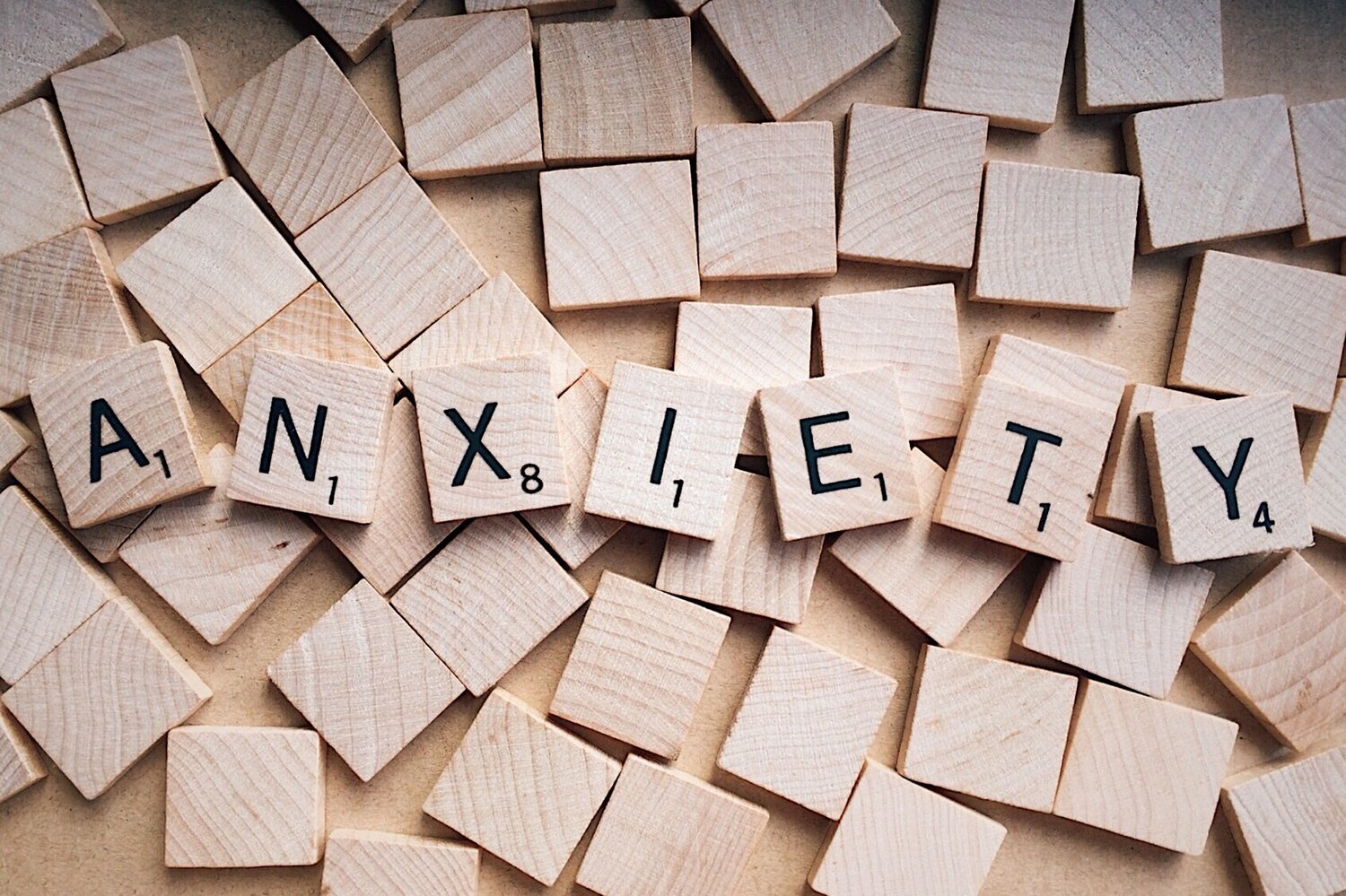If your anxiety is starting to interfere with your daily life, you might consider seeking treatment. Most psychiatrists recommend a combination of medication and talk therapy for anxiety conditions.
The medications that may come to your mind first are the SSRI (Selective-Serotonin-Reuptake-Inhibitors) and SNRI (Serotonin-Norepinephrine-Reuptake-Inhibitors) medications, which include Prozac, Zoloft, and Paxil. These work by addressing the chemical imbalance that is thought to underlie anxiety disorders. Specifically, they increase the availability of serotonin, the “feel-good” neurotransmitter.
While these medications are well-known and commonly prescribed, you may be hesitant to start them without being offered any understanding about the underlying cause of your anxiety. Perhaps you or someone you know tried them and didn’t respond well or couldn’t tolerate the side-effects. Maybe you feel like you’ve exhausted all of the possibilities. In a clinical climate where SSRIs and SNRIs are presented as state-of-the-art options, it’s easy to feel like you’ve failed treatment if you don’t improve on these medications.
Treatment-Resistant Anxiety
Early in my medical training, I started to question the standard approaches to anxiety. Despite training with some of the country’s top psychiatrists in medication management, I saw that a subset of my patients were treatment-resistant to these anxiety medications. Over the next few years, I came to understand that it is not patients who are failing treatment – it is these current standard treatments for anxiety that are failing some patients.
While most people assume that these serotonin-focused medications work for most cases, studies show that 30-40% of people who take them for anxiety do not improve, and many others experience only partial improvement or uncomfortable side effects. This reflects the often overlooked fact that the serotonin or chemical imbalance theory has never been fully validated in the scientific literature as the primary or only cause for anxiety.
It should therefore be no surprise that a subset of patients would not get better with these medications. Contrast this to type 1 diabetes, where the cause (the body’s inability to produce or use insulin) has been clearly established and nearly everyone gets better with treatment (taking prescription insulin).
Beyond the Serotonin-Anxiety Theory
The research suggests that while serotonin deficiency is certainly part of the picture for some people with anxiety, it doesn’t capture the full complexity of the condition.
-
Patients with some anxiety disorders, including social anxiety, have been found to have higher, not lower, levels of serotonin.
-
Some patients experience a temporary increase in anxiety when they begin SSRI and SNRI medications and serotonin levels go up.
-
More recent studies show that SSRI and SNRI medications are less effective than we previously thought.
-
While SSRI and SNRI medications can correct neurotransmitter imbalances in about 24 hours, patients don’t usually start feeling better for another 4-6 weeks. So, there must be another mechanism involved in recovery.
Anxiety As a Symptom, Rather Than a Disease
Anxiety is like a fever, telling us that something is dysregulated, requiring attention and treatment. In this way, it should be seen more as a symptom, rather than as a disease itself. Second, we need to look beyond the brain, at all systems in the body, to fully understand and address anxiety.
In my practice, patients with anxiety often complain of physical symptoms such as chronic fatigue, chest pain, stomach bloating, headaches, and body aches. Often, doctors ignore possible connections between these symptoms and anxiety, or assume they’re caused by the anxiety. With careful listening and thorough testing, however, I’ve come to understand that these symptoms often indicate underlying medical conditions that are connected to – and possibly causing – anxiety.
Whereas most doctors today treat each of the body’s systems separately, the reality is that all of the body’s systems depend on and work in concert with one another. Brain health and function can only be understood in the context of whole-body health.
Anxiety: A Whole-Body Issue
Research supports the role of three primary systems in anxiety and brain health: the endocrine (hormonal), immune, and gastrointestinal systems.
Endocrine System
Abnormal levels of salivary cortisol have been found in patients with anxiety. Cortisol is a hormone that helps the body respond and adapt to stress. It has wide-ranging effects on the body, including regulation of blood sugar, immune function, emotions and learning.
Immune System
Studies show that patients with anxiety show more signs of inflammation in their bloodwork. Inflammation often indicates an immune response to infection or other threat. That makes sense when we consider that certain chronic infections – including tick-borne infections – can contribute to or cause symptoms of anxiety.
Gastrointestinal (GI) System
We know emotions can impact the gut; many of us describe feeling “butterflies in our stomach” when we’re nervous. The reverse is also true: the health of the gastrointestinal system can impact our emotions and behaviors. Imbalances in the microbiome (gut bacteria) and inflammation in the GI system can contribute to symptoms of anxiety.
Serotonin is not separate from these systems. In fact, we need to think about serotonin in the context of these systems. Each of these systems can also affect serotonin levels.
For example, inflammation can increase the brain’s use of serotonin, leading to serotonin deficiency, which can in turn contribute to anxiety. If we were to use an SSRI to treat the serotonin deficiency, we may see temporary improvement, but nothing long-lasting as we wouldn’t be addressing the root cause of the condition in this situation – inflammation.
A New Path for Healing from Anxiety
With this new lens, I have come to see that there are many different causes for anxiety and for each person the causes are unique and usually multiple. Two people whose anxiety appears similar on the surface – perhaps both suffering from panic attacks and racing thoughts at night – will likely have very different underlying conditions, which require distinct treatments.
Since the causes of anxiety are complex, treatments start with comprehensive lab testing to evaluate the many dimensions of physiologic health that can contribute to anxiety.
The complex picture that can emerge requires an appropriately complex treatment – not a single pill or silver bullet. Patients do best when we use a multi-pronged approach to treatment, which may include dietary changes, lifestyle modifications, vitamins, herbal supplements, neurofeedback, and neuromodulation.
With this approach, I have seen numerous patients who wanted a different approach or had not responded to medication get better. I look forward to sharing more about testing and treatment with you in the future through case studies.
References







